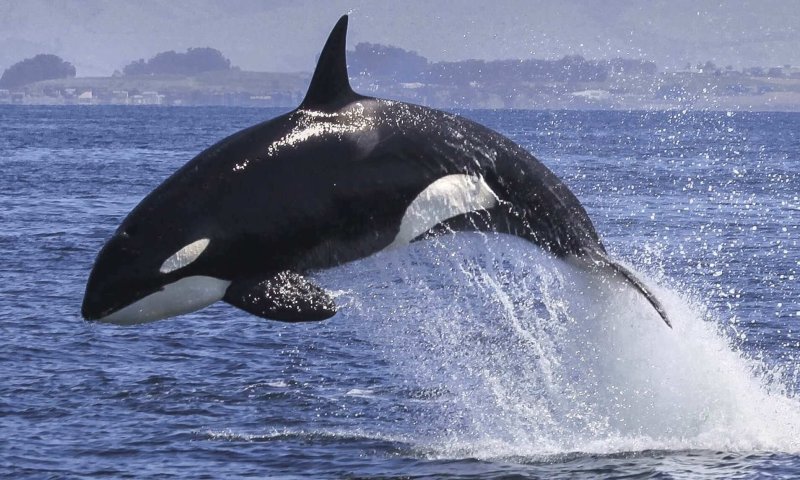There’s a rare human trait that doesn’t often make it into debates about what makes our species unique: menopause. Humans are among just a handful of species where females stop reproducing decades before the end of their lifespan. In evolutionary terms, menopause is intriguing: how could it be advantageous for reproductive ability to end before an individual’s life is over?
One possible answer: the power of the grandma’s guidance and aid to her grandchildren. A paper in PNAS this week reports evidence that supports this explanation, showing that killer whale grandmas who have stopped reproducing do a better job of helping their grandchildren to survive than grandmothers who are still having babies of their own.
…
The “grandmother hypothesis” suggests that grandmas play a crucial role in the survival of their grandchildren, which obviously gives the grandmas’ own genes a boost. But that doesn’t explain why humans … stop reproducing with decades left to live. Wouldn’t it be better to just keep having babies of your own and help your grandchildren? [I]n certain species … evolutionary models show that it’s more worthwhile for grandmas to invest all their resources in their grandchildren, rather than compete with their own daughters.
Read full, original post: Why killer whales—and humans—evolved menopause































